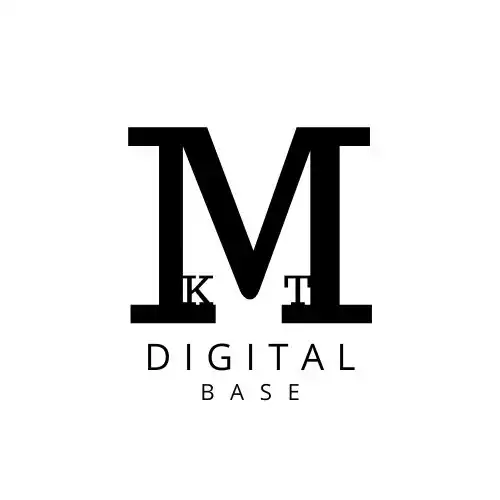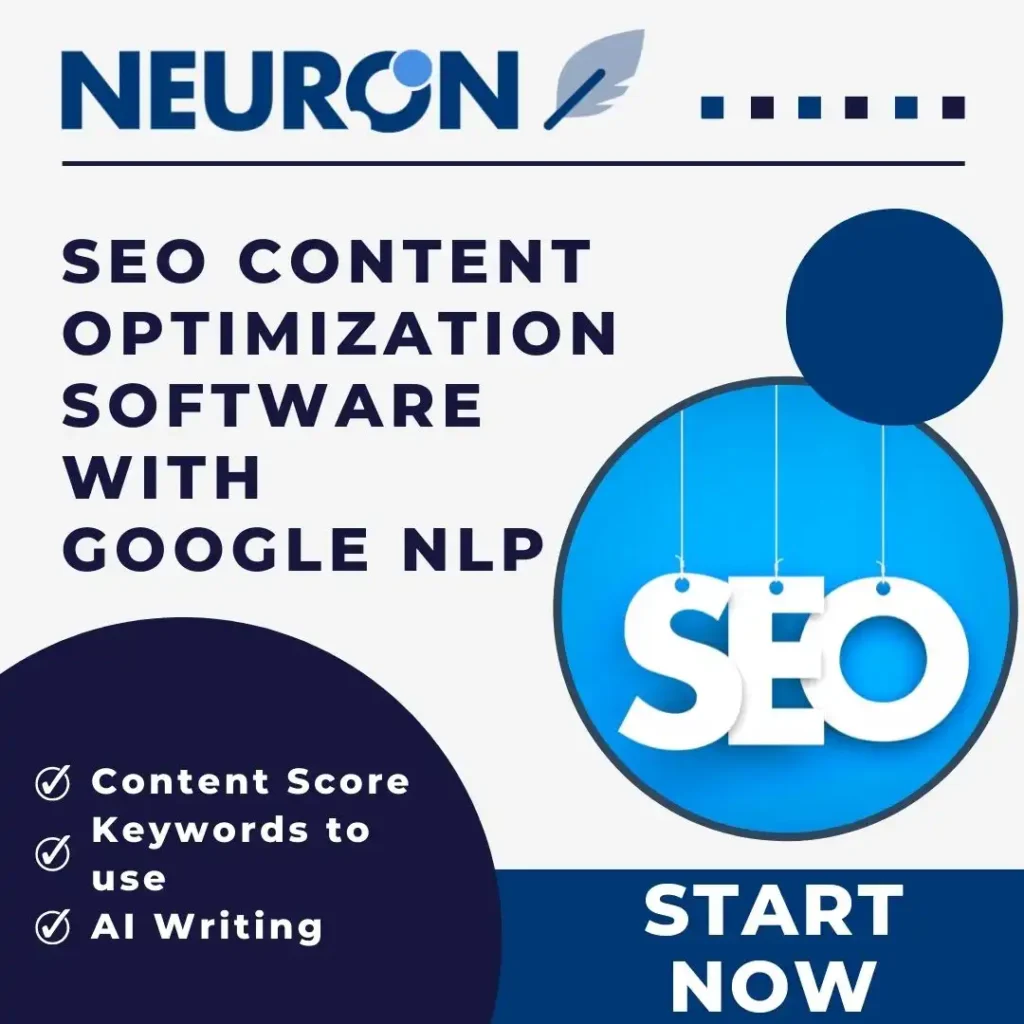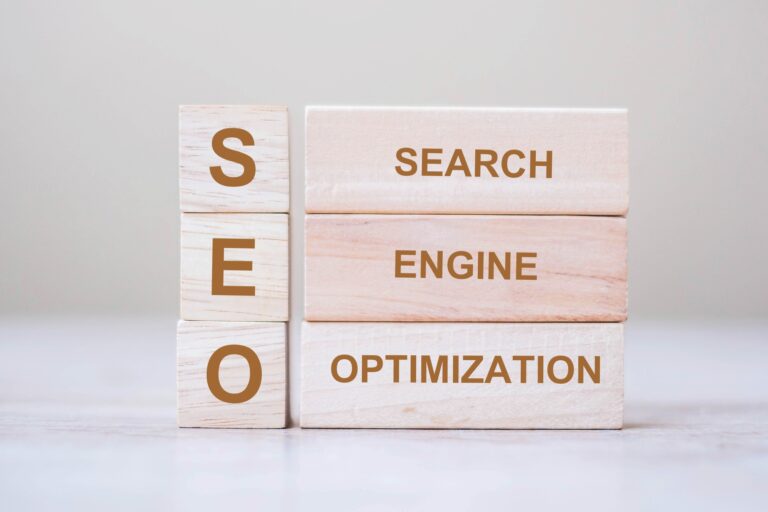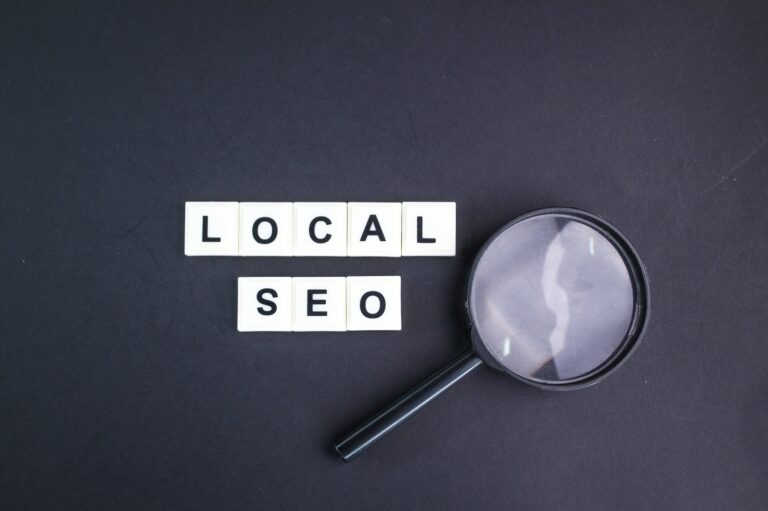In today’s fast-paced and technology-driven world, digital marketing has become an indispensable tool for businesses looking to reach and engage with their target audiences effectively. Digital marketing encompasses a wide array of strategies and tactics aimed at promoting products or services through various online channels. Understanding the significance and advantages of digital marketing is crucial for any business striving to stay competitive in the digital landscape.
What is Digital Marketing?
Digital marketing can be defined as the use of online platforms, tools, and technologies to promote and advertise products or services to a targeted audience. It involves leveraging digital channels such as social media platforms, search engines, emails, and websites to connect with potential customers and drive engagement.
Key components of digital marketing
The key components of digital marketing include content marketing, social media marketing, email marketing, search engine optimization (SEO), search engine marketing (SEM), and influencer marketing. These components work together to create a comprehensive digital marketing strategy aimed at achieving specific business goals.
Importance of digital marketing in today’s world
Digital marketing is essential in today’s world as it allows businesses to reach a global audience, increase brand visibility, and drive sales effectively. With the increasing reliance on digital platforms for information and entertainment, businesses that neglect digital marketing risk falling behind their competitors.
The Importance of Digital Marketing
1. Expansive Reach
Digital marketing enables businesses to reach a global audience without the geographical limitations of traditional marketing methods. Through channels like social media, search engines, and email, companies can target potential customers across different regions and time zones. This vast reach is crucial for businesses aiming to expand their market presence and drive growth.
2. Cost-Effectiveness
Compared to traditional marketing methods such as print, radio, and television ads, digital marketing offers a more cost-effective approach. With options like pay-per-click (PPC) advertising, social media campaigns, and email marketing, businesses can allocate their budgets more efficiently and achieve higher returns on investment (ROI). This affordability makes digital marketing accessible for businesses of all sizes.
3. Data-Driven Insights
Digital marketing provides valuable data and insights that can inform business decisions. Tools like Google Analytics, social media analytics, and email marketing reports offer detailed information on customer behavior, campaign performance, and market trends. By analyzing this data, businesses can make informed decisions, optimize their strategies, and enhance their overall marketing efforts.
4. Enhanced Targeting and Personalization
One of the key advantages of digital marketing is the ability to target specific audiences with precision. Through tools like Google Ads and Facebook Ads, businesses can create highly targeted campaigns based on factors such as demographics, interests, and online behavior. This level of targeting ensures that marketing messages reach the right people, increasing the likelihood of engagement and conversion.
5. Increased Engagement and Interaction
Digital marketing facilitates real-time interaction between businesses and their customers. Platforms like social media enable businesses to engage with their audience through comments, likes, and shares. This engagement fosters a sense of community and loyalty, allowing businesses to build stronger relationships with their customers and address their needs and concerns promptly.
6. Flexibility and Adaptability
The digital landscape is constantly evolving, and digital marketing offers the flexibility to adapt to these changes. Whether it’s a shift in consumer behavior, emerging trends, or new technologies, businesses can quickly adjust their digital marketing strategies to stay relevant and competitive. This adaptability is crucial for maintaining a strong market presence and capitalizing on new opportunities.
Benefits of Digital Marketing
1. Increased Brand Awareness
Digital marketing helps businesses build and enhance their brand presence. Through consistent and strategic online activities, such as content marketing, social media engagement, and search engine optimization (SEO), companies can increase their visibility and brand recognition. A strong online presence contributes to brand authority and credibility, helping businesses stand out in a crowded market.
2. Improved Customer Acquisition and Retention
By leveraging digital marketing strategies, businesses can attract new customers and retain existing ones more effectively. Techniques such as targeted advertising, content marketing, and email campaigns help in acquiring leads and nurturing them through the sales funnel. Additionally, digital marketing allows businesses to stay connected with their customers, providing valuable content and offers that encourage repeat business and long-term loyalty.
3. Enhanced Customer Experience
Digital marketing enables businesses to deliver a more personalized and seamless customer experience. Through tools like marketing automation, businesses can tailor their communications and offers based on customer preferences and behavior. This personalized approach enhances the customer experience, leading to higher satisfaction and increased chances of conversion.
4. Better Competitor Analysis
Digital marketing provides businesses with the tools to monitor and analyze their competitors’ strategies. By tracking competitors’ online activities, such as their content, social media presence, and advertising campaigns, businesses can gain insights into market trends and identify opportunities for differentiation. This competitive analysis helps businesses refine their own strategies and stay ahead of the competition.
5. Greater ROI Measurement
With digital marketing, businesses can measure the effectiveness of their campaigns with greater accuracy. Metrics such as website traffic, conversion rates, click-through rates (CTR), and customer acquisition costs provide insights into campaign performance. This ability to measure ROI allows businesses to allocate resources more efficiently and optimize their marketing strategies for better results.
6. Scalability and Growth Opportunities
Digital marketing offers scalability, allowing businesses to expand their efforts as they grow. Whether it’s increasing ad spend, exploring new digital channels, or expanding into new markets, digital marketing provides the flexibility to scale campaigns and drive growth. This scalability is essential for businesses looking to capitalize on opportunities and achieve long-term success.
What are the Benefits of Digital Marketing?
There are numerous benefits of digital marketing that can significantly impact a business’s success. Some of the key advantages include increased visibility and brand recognition, targeted reach to specific audiences, and cost-effectiveness compared to traditional marketing methods.
Increased visibility and brand recognition
Through digital marketing efforts, businesses can enhance their online presence and visibility, making it easier for potential customers to discover and engage with their brand. Consistent and strategic digital marketing campaigns can help establish a strong brand identity and recognition among target audiences.
Targeted reach to specific audiences
One of the greatest advantages of digital marketing is the ability to target specific demographics and audiences based on their interests, behaviors, and online activities. By leveraging data and analytics, businesses can tailor their marketing messages to resonate with their target market, leading to higher conversion rates and engagement.
Cost-effective compared to traditional marketing methods
Digital marketing offers cost-effective solutions for businesses of all sizes to promote their products or services. Compared to traditional marketing techniques such as print ads or TV commercials, digital marketing allows businesses to reach a larger audience at a fraction of the cost, making it a highly efficient and measurable marketing strategy.
What are the Different Types of Digital Marketing?
There are several types of digital marketing channels that businesses can leverage to promote their products or services effectively. From SEO and SEM to social media marketing and email campaigns, each digital marketing channel offers unique opportunities to connect with target audiences and drive results.
Overview of various digital marketing channels
Digital marketing channels include social media platforms like Facebook, Instagram, and Twitter, search engines like Google and Bing, email marketing platforms, and content marketing strategies. Each channel serves a specific purpose in reaching and engaging with target audiences through tailored marketing messages.
Exploring specific types such as SEO, SEM, and social media marketing
Search engine optimization (SEO) focuses on improving a website’s visibility and ranking on search engine results pages, while search engine marketing (SEM) involves paid advertising to drive traffic to websites. Social media marketing, on the other hand, leverages social media platforms to engage with audiences and promote products or services effectively.
Comparing the effectiveness of different digital marketing strategies
When evaluating the effectiveness of digital marketing strategies, businesses must consider factors such as audience targeting, engagement metrics, conversion rates, and return on investment (ROI). By analyzing the performance of various digital marketing campaigns, businesses can optimize their strategies for maximum impact and results.
Why Choose Digital Marketing Over Traditional Marketing?
While traditional marketing methods have their place, digital marketing offers several advantages that make it a preferred choice for businesses looking to reach and engage with modern consumers effectively. From adaptability to changing consumer behaviors to precise measurement of ROI, digital marketing provides numerous benefits over traditional marketing approaches.
Advantages of digital marketing over traditional methods
Digital marketing offers real-time engagement and interaction with audiences, unlike traditional marketing methods that lack interactivity and personalization. Through digital channels, businesses can respond to customer inquiries, provide personalized recommendations, and create a seamless customer experience that drives brand loyalty.
Adapting to changing consumer behaviors and trends
Consumer behaviors and preferences are constantly evolving in the digital age, requiring businesses to adapt and tailor their marketing efforts accordingly. Digital marketing allows businesses to stay agile and responsive to changing trends, ensuring that their marketing strategies remain relevant and impactful in a dynamic market environment.
Measuring ROI and analytics in digital marketing campaigns
One of the key advantages of digital marketing is the ability to track and measure the performance of marketing campaigns in real-time. By leveraging analytics tools and metrics, businesses can gain valuable insights into customer behavior, campaign effectiveness, and ROI, enabling them to make data-driven decisions and optimize their marketing efforts for better results.
How to Build a Successful Marketing Career in Digital Marketing?
For individuals aspiring to pursue a rewarding career in digital marketing, acquiring the necessary skills and knowledge is essential for success in this dynamic field. Building a successful marketing career in digital marketing requires a combination of education, experience, and ongoing learning to stay ahead of industry trends and developments.
Steps to start a career in digital marketing
To kickstart a career in digital marketing, individuals can begin by gaining foundational knowledge in marketing principles, digital tools, and technologies. Exploring internship opportunities, taking online courses, and obtaining certifications in digital marketing can help individuals build a solid foundation for a successful career in this field.
Skills needed for a successful digital marketing career
Key skills for a successful digital marketing career include proficiency in data analysis, content creation, social media management, SEO optimization, and digital advertising. Digital marketers should also possess strong communication skills, creativity, and analytical thinking to develop effective marketing strategies and campaigns that resonate with target audiences.
Benefits of taking digital marketing courses and certifications
Enrolling in digital marketing courses and obtaining industry certifications can provide individuals with specialized knowledge and expertise in various digital marketing disciplines. By investing in continuous learning and professional development, aspiring digital marketers can enhance their skill set, stay current with industry best practices, and advance their career prospects in the competitive field of digital marketing.











